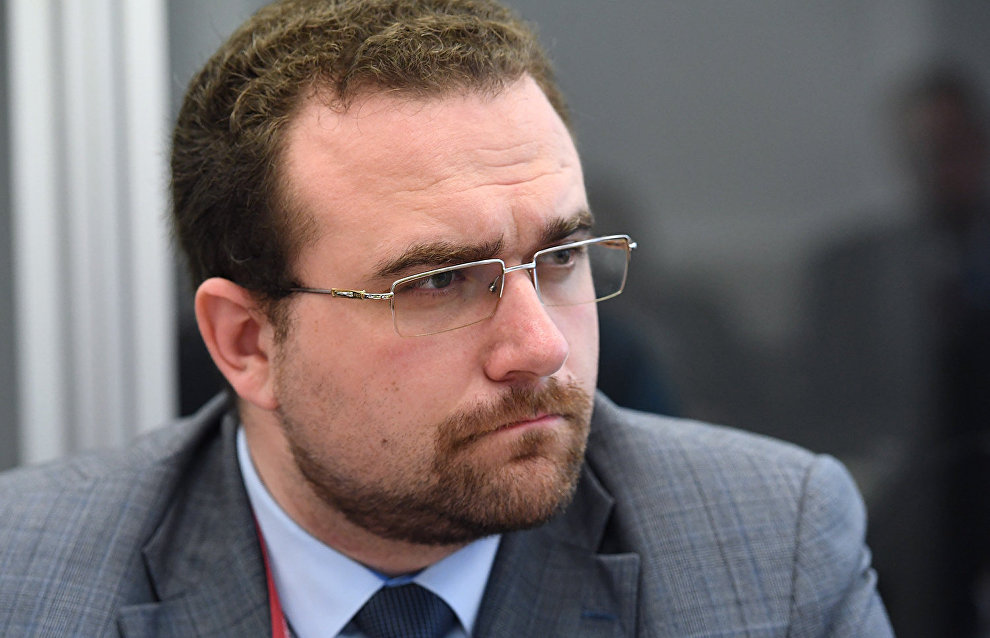Krutikov: We have to create a modern system of incentives complying with the market economy
The Ministry for the Development of the Russian Far East and Arctic is developing new measures to encourage people to live and work in the Arctic, but without totally replacing the existing system of incentives.
"Today this system of guarantees and compensations is not achieving its intended purpose of attracting people to work in the North. It is important to note that we are not abolishing the existing system. This is a very sensitive piece of social history; this system of guarantees has been in place for more than 50 years and we will not abolish or revise it. This is out of the question. But we have to create a modern system of incentives complying with the market economy to keep people there," said Alexander Krutikov, Deputy Minister for the Development of the Russian Far East and Arctic.
He added that the existing system of guarantees and compensations for people living and working in polar regions was set up in the 1960s. Back then, this system made it possible for employees in the Arctic to receive wages two to three times higher than average, which acted as a powerful incentive, encouraging people to go north.
According to Krutikov, in the first instance, new incentives will be given to people working in the Arctic as well as their family members. The Ministry believes it is important to provide benefits for them in various spheres from housing to education and personal growth. Separate incentives are being developed for retired people in the Arctic. Krutikov noted that this decision would help retain skilled specialists in the North.
"It should be noted that people in the Extreme North retire earlier. Sometimes people are in the prime of their lives and they could carry on, but existing incentives run out at this stage. I think it is only fair to encourage these people to stay in the North," the deputy minister said.
Krutikov also pointed out that health problems caused by the harsh Arctic conditions often forced people to leave for Central Russia. He said that this issue could be resolved by improving medicine and health services.
"Of course, people nearing retirement age should have the right to live in a favorable climate. However, if they are willing to stay in the North, they should have the right, and incentives to do so. I don't see any harm in this," Krutikov said.
The speaker also added that the ministry would only be able to focus on the development of a social system after incentives for investors in the Arctic were approved. This is expected to happen before the end of the summer.
